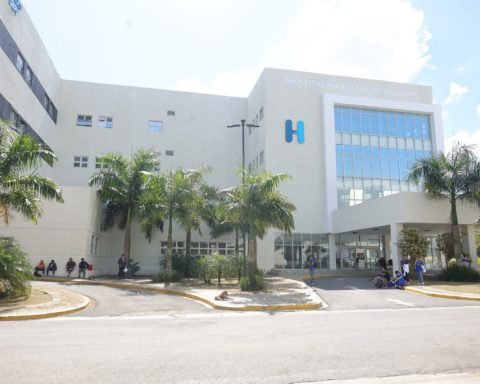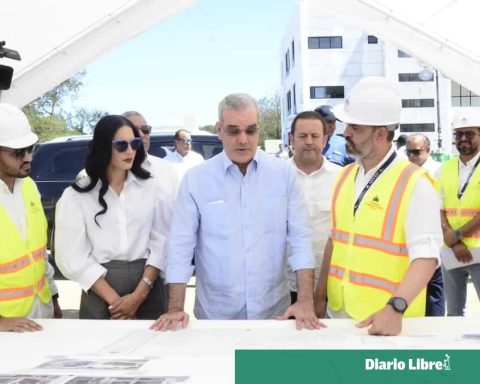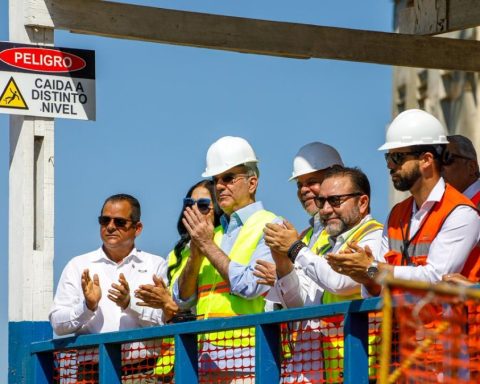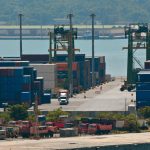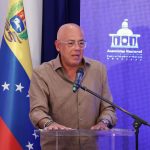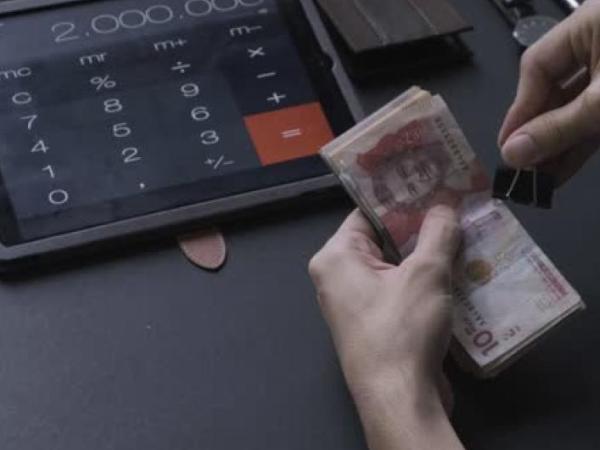Bangkok, Aug 17 (EFE).- Former Thai Prime Minister Thaksin Shinawatra is on the list of prisoners pardoned by King Vajiralongkorn on the occasion of his birthday, Thai Justice Minister Thawee Sodsong confirmed on Saturday.
Thaksin, who was serving a one-year sentence for corruption offences and is currently on parole, will be a free man again on Sunday, the minister acknowledged in statements to local media.
The former president, who returned to the country on August 22 last year after living 15 years in self-imposed exile to avoid Thai justice. This is one of the 7,500 prisoners benefited by the monarch’s order of grace, which he usually grants every year on his birthday or on important Buddhist dates, Thai Enquirer notes.
Government decision
The sovereign’s decision, published in the Royal Gazette, comes a day after Thaksin’s third daughter, Paethongtarn, was elected as Thailand’s prime minister in a vote in the Thai House of Representatives.
The heiress of the Shinawatra clan came to power after the Constitutional Court on Wednesday decided to dismiss the then prime minister, Srettha Thavisin, on the grounds that he violated an ethnic code by appointing a lawyer convicted of attempted bribery as minister in April.
Thaksin, who did not spend a night in prison and was due to begin his sentence next Friday, now faces a charge of lèse-majesté, which carries a sentence of between three and 15 years in prison. He has a court hearing scheduled for Monday for the parties to present their list of witnesses and evidence.
Preliminary information
According to the complaint, Thaksin accused Thailand’s Privy Council of masterminding the 2014 military coup that overthrew the government of Yingluck Shinawatra, his younger sister, during an interview published in 2015 by a South Korean media outlet.
Article 112 of the Penal Code, also known as the lèse-majesté law, does not in principle include the Privy Council of the Royal House. It punishes anyone who “defames, insults or threatens the king, queen, heir or regent.”
However, the Thai courts They often interpret the law broadly, something that the UN criticises as a violation of freedom of expression.
Thaksin’s return, after being released on parole after serving six months in a hospital room, appears to be a sign of reconciliation between the former president and the pro-monarchy, pro-military elite who ousted him in a military coup in 2006.
